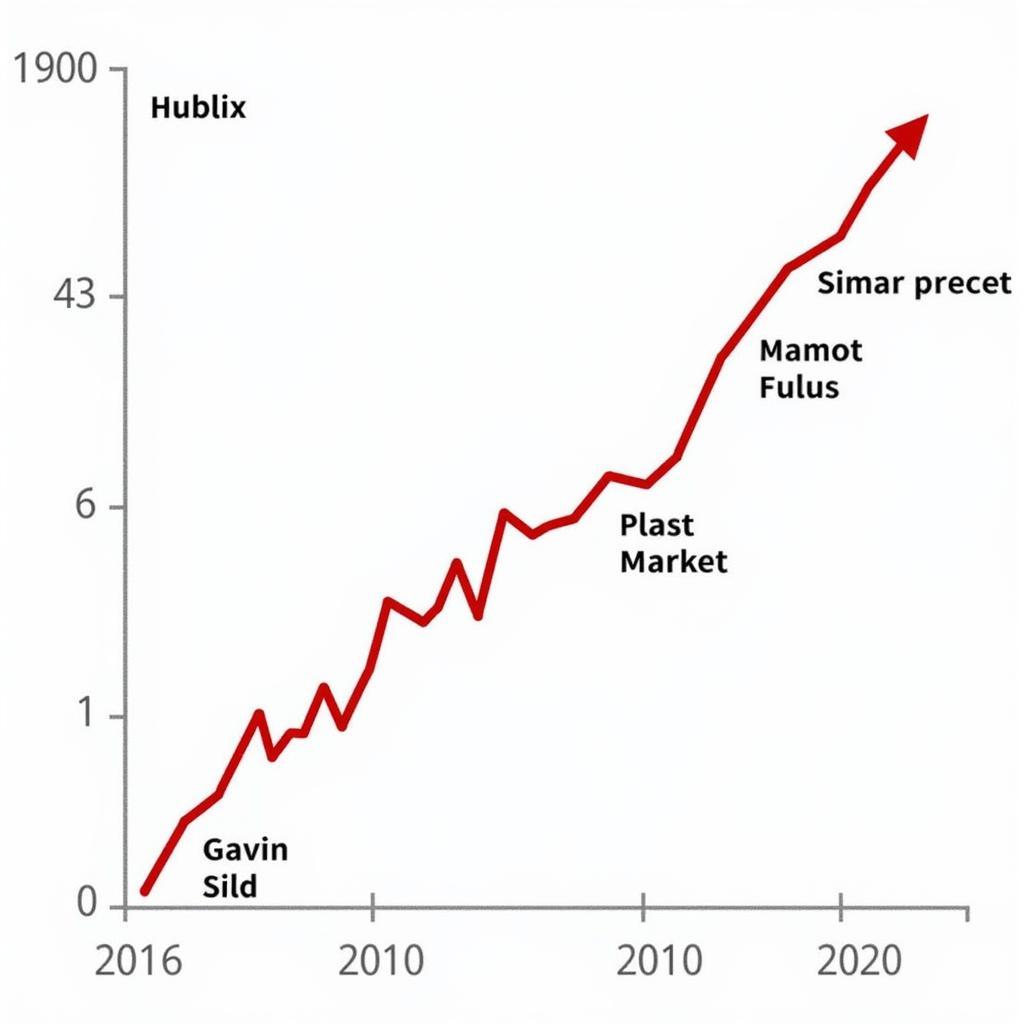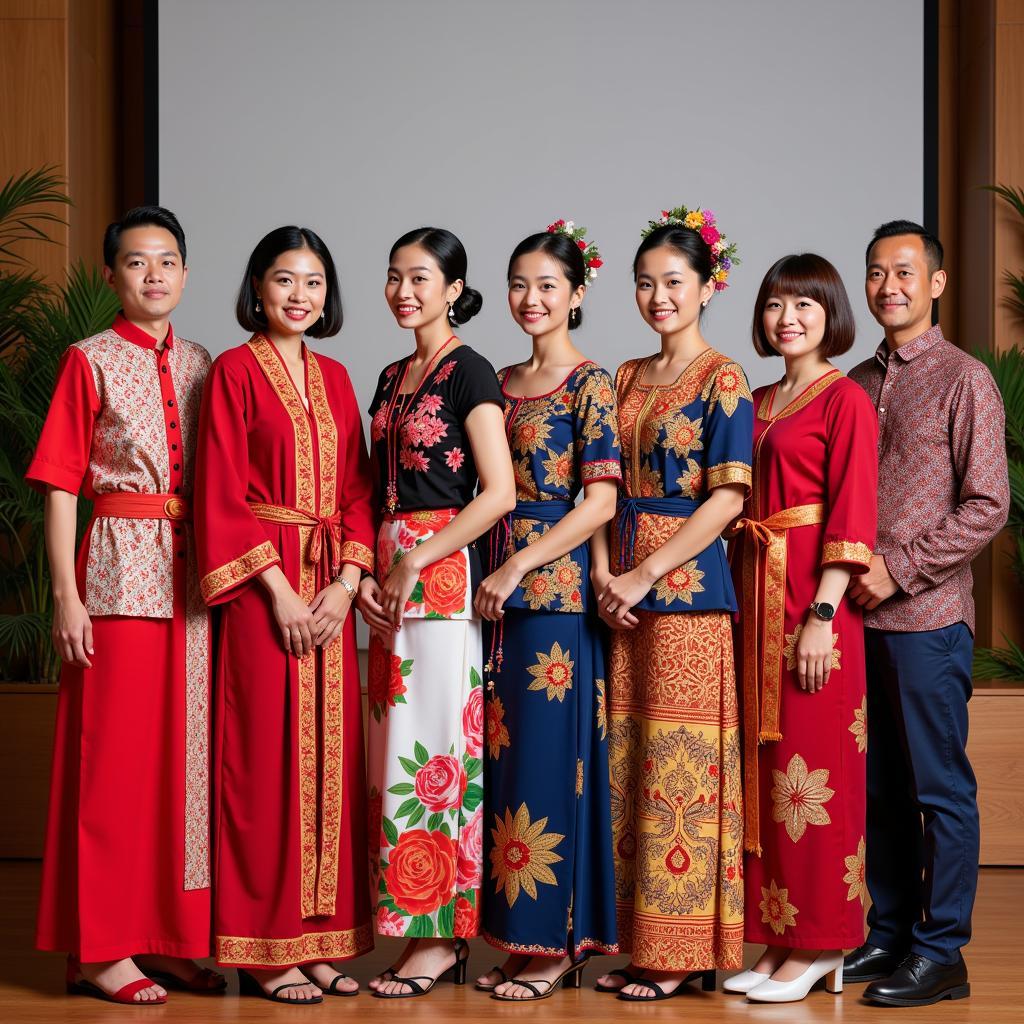VO2 Max, or maximal oxygen uptake, is the measurement of the maximum amount of oxygen a person can utilize during intense exercise. It’s a key indicator of cardiovascular fitness and aerobic endurance, often used to assess an individual’s overall health and athletic potential. While VO2 Max is influenced by factors like genetics and age, environmental elements, especially those prevalent in Southeast Asia, play a significant role.
The Impact of Climate on VO2 Max
Southeast Asia’s tropical climate, characterized by high temperatures and humidity, presents unique challenges for athletes. The body has to work harder to regulate temperature in these conditions, leading to increased sweat rates and potential dehydration. This physiological strain can impact VO2 Max, making it more challenging to perform at peak levels. Studies have shown that athletes not acclimatized to hot and humid conditions can experience a decrease in VO2 Max by up to 10%.
Nutritional Considerations for VO2 Max in the Tropics
Diet plays a crucial role in optimizing VO2 Max. In Southeast Asia, traditional diets rich in carbohydrates like rice and noodles provide a readily available energy source. However, incorporating adequate protein, essential for muscle repair and growth, is vital for athletes aiming to improve their VO2 Max. Additionally, consuming fruits and vegetables abundant in the region, such as mangoes, papayas, and leafy greens, can contribute to electrolyte balance and overall hydration.
Training Adaptations for Southeast Asian Athletes
For athletes in Southeast Asia looking to enhance their VO2 Max, training adaptations are crucial. Incorporating heat acclimatization protocols, which involve gradually increasing training intensity and duration in hot and humid conditions, can significantly improve heat tolerance and performance. Additionally, focusing on high-intensity interval training (HIIT), which involves short bursts of intense exercise followed by brief recovery periods, can be particularly effective for boosting VO2 Max.
Cultural Influences on Fitness and Exercise
Cultural factors also play a role in shaping attitudes towards fitness and exercise in Southeast Asia. Traditional practices like yoga, tai chi, and martial arts, deeply embedded in the region’s cultural fabric, promote physical and mental well-being. These practices, while not directly focused on maximizing VO2 Max, contribute to overall fitness and can complement modern training methods.
Conclusion
Understanding the influence of environmental and cultural factors on VO2 Max is essential for athletes and fitness enthusiasts in Southeast Asia. By adapting training methods, prioritizing nutrition, and embracing traditional practices, individuals can overcome challenges and achieve their full athletic potential.
FAQ
1. Can I improve my VO2 Max in a tropical climate?
Absolutely! While the tropical climate presents challenges, implementing proper training adaptations, like heat acclimatization and HIIT, can effectively boost your VO2 Max.
2. What are some traditional Southeast Asian foods beneficial for athletes?
Foods like brown rice, quinoa, lean meats, fish, tofu, and a variety of fruits and vegetables found abundantly in the region contribute to a balanced diet essential for athletic performance.
3. Are cultural practices like yoga beneficial for VO2 Max?
While not directly focused on maximizing VO2 Max, practices like yoga and tai chi improve flexibility, balance, and mindfulness, contributing to overall fitness and complementing other training methods.
4. How does humidity affect VO2 Max?
High humidity makes it harder for the body to cool down through sweating, leading to increased cardiovascular strain and a potential decrease in VO2 Max.
5. Is genetic predisposition a significant factor in VO2 Max?
While genetics play a role, environmental factors, training, and lifestyle choices significantly influence VO2 Max, making it possible to improve with dedicated effort.
Need assistance? Contact us:
Phone: 0369020373
Email: [email protected]
Address: Thon Ngoc Lien, Hiep Hoa, Bac Giang, Vietnam.
Our customer support team is available 24/7 to assist you.


